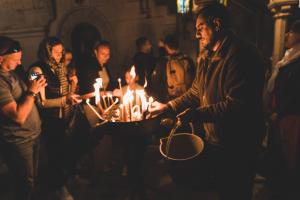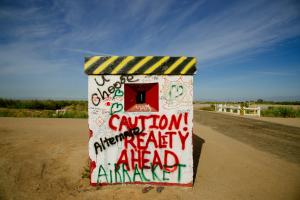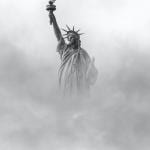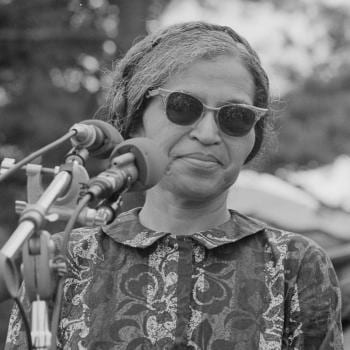 If you have ever visited a holy site you may have been tempted to ask, “Is this where ‘it’ literally happened?”
If you have ever visited a holy site you may have been tempted to ask, “Is this where ‘it’ literally happened?”
To which an exasperated tour guide might reply; ‘Does it really matter?’ Billions of people believe that it did. And billions of people throughout human history have brought their energy, their fears, their pains, their passions, their souls and laid them on this threshold, or this shore, or that rock.
Isn’t that enough?
To which you will respond, ‘of course it’s enough,’ because you too will literally feel the power.
Whether that power and energy are being drawn from historical realities or metaphysical energy, or the collective imagination of the people around you is completely irrelevant. Facts are superfluous when held up against the power of collective perception.
People of faith are truth-seekers, not fact finders. And truth, the kind that is timeless, is always couched in a narrative. Our religious narratives live on and withstand the test of time because they represent a truth that transcends time and space. They are the cryptocurrency to a more abundant reality. The lessons, the morals, the things we glean from our ancient stories continue to inform our daily existence. For people of faith, the past and the present are truly inseparable.
 The Constitution of Knowledge
The Constitution of Knowledge
In most pre-modern cultures, people recognized that there were two ways of attaining truth. One through the collective perception of a community of people, which is the standard for religious truths, and the other was through logic, science, and objective reality, which is the standard we use to formulate our political philosophy. In politics, unlike religion, collective perception is superfluous when held up against the power of facts.
In his 2018 essay, the Constitution of Knowledge, published in National Affairs in 2018, author Jonathan Rauch describes objective reality as “The world out there: things as they really are, independent of human perception and error.”
If the majority of the world decides that the earth is flat or that the coronavirus does not exist, it does not make the earth flat or the virus vanish. Collective perception has no power when it comes to objective reality. And if we want to live in a free society, objective reality is the only reality that should be permitted to inform our politics and policies.
As Rauch confirms, “We let the Alt-truth talk, but we don’t let it write textbooks, receive tenure, bypass peer review, set the research agenda, dominate the front pages, give expert testimony, or dictate the flow of public dollars…. we don’t mail Elvis a Social security check, no matter how many people think he is alive.”
In politics, we can be democratic in every way except when it comes to objective reality. We do not get to vote away the laws of physics. This is why the moral foundations of a free society were built on natural not religious law.
When our standard for truth in politics becomes a function of collective perception we get things like QAnon, or the Flat Earthers, or millions of people believing that our country is being run by lizards. We get a reality mediated by ideology.
The Problem is Philosophical
All the Pseudo-religious conspiracy cults that are making their way into mainstream society are part of a larger epistemological crisis; One where reality has become a function of collective subjectivity rather than objectivity.
The good news is that these fads will eventually die out because unlike our ancient religious narratives they don’t inform our lives in ways that resonate as timeless truths. They are not metaphors for some transcendent reality. What they do is attempt to fulfill some of the same psychological functions that religious narratives have traditionally done, albeit unsuccessfully.
There is an objective reality and there is collective subjectivity. The former is the foundation upon which innovation and scientific advancement depend. Free and fair societies are premised on the existence of an objective reality. The latter is a portal into an ultimate reality, one that lies beyond the reach of rationality or our empirical sense data. But a reality no less powerful, and no less crucial to our survival. Once we learn to stop conflating the two, we may finally be able to live as one.











